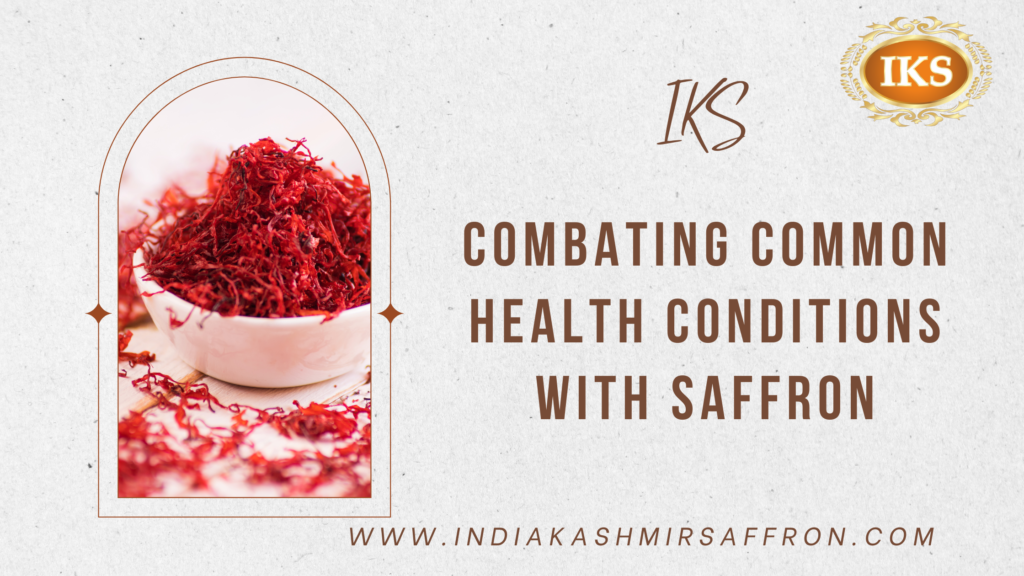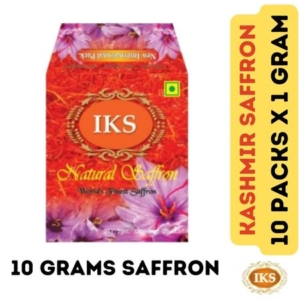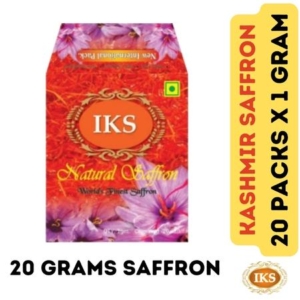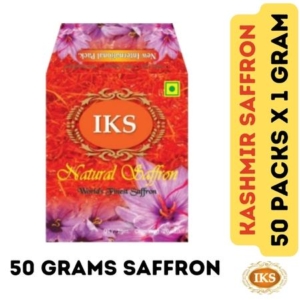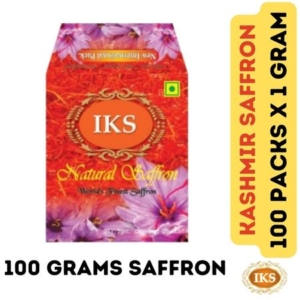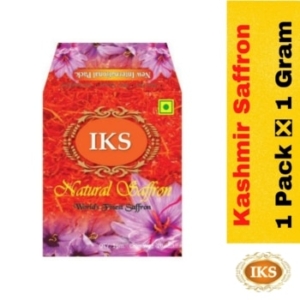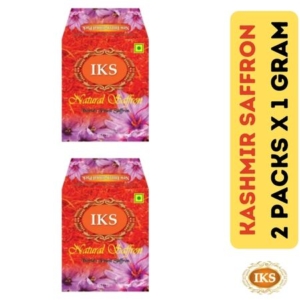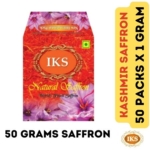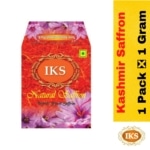Let customers speak for us
from 101 reviewsCombating Common Health Conditions with Saffron
Introduction
Saffron, a spice that has been used for centuries in traditional medicine and culinary arts, is now gaining popularity as a natural remedy for various health conditions. Derived from the flower of the crocus sativus plant, saffron contains a range of chemical compounds that have been found to possess numerous health benefits.
Depression and Anxiety – Combating Common Health Conditions with Saffron
Saffron has been found to have an antidepressant effect, making it a promising treatment for depression and anxiety. The chemical compounds crocin and safranal found in saffron are believed to be responsible for this effect. A study published in the Journal of Ethnopharmacology found that saffron was effective in treating mild to moderate depression in adults.
PMS Symptoms – Combating Common Health Conditions with Saffron
Premenstrual syndrome (PMS) is a common condition that affects many women during their menstrual cycle. Symptoms include cramps, mood swings, and irritability. Studies have shown that saffron may help alleviate these symptoms. A study published in the journal BJOG: An International Journal of Obstetrics and Gynaecology found that saffron was effective in reducing PMS symptoms in women.
Inflammation – Combating Common Health Conditions with Saffron
Chronic inflammation is a major contributor to many health conditions such as arthritis, cardiovascular disease, and other chronic inflammatory diseases. Saffron has been found to have anti-inflammatory properties that make it a potential treatment for these conditions. A study published in the Journal of Agricultural and Food Chemistry found that saffron extract was effective in reducing inflammation in rats.
Memory and Cognitive Function – Combating Common Health Conditions with Saffron
Saffron has been found to have a positive effect on memory and cognitive function in some studies. This makes it a potential treatment for conditions such as Alzheimer’s disease and age-related cognitive decline. A study published in the Journal of Psychopharmacology found that saffron improved memory in adults with mild-to-moderate Alzheimer’s disease.
Conclusion – Combating Common Health Conditions with Saffron
While saffron has shown promise in treating these conditions, it’s important to note that more research is needed to confirm its effectiveness. Additionally, saffron should not be used as a substitute for conventional medical treatment and should always be used in consultation with a healthcare provider.
Saffron is a potent spice that has been used for centuries for its medicinal properties. In addition to its potential health benefits, saffron is also used in culinary arts for its distinct flavor and color. However, due to its high cost, saffron is often used sparingly and is considered a luxury spice.
Saffron is typically sold in thread form or ground into a fine powder. It’s important to purchase high-quality saffron from a reputable source to ensure its purity and potency. Saffron should be stored in a cool, dry place and used within a few months of purchase to ensure its freshness.
In conclusion, saffron is a natural remedy that has been found to possess numerous health benefits. While more research is needed to confirm its effectiveness in treating various health conditions, saffron shows promise as a potential treatment for depression and anxiety, PMS symptoms, inflammation, and cognitive decline. As with any natural remedy or supplement, it’s important to use saffron in consultation with a healthcare provider and not as a substitute for conventional medical treatment.
Overall, saffron is a valuable spice with potential health benefits that make it a worthwhile addition to your diet and natural health regimen.

